Postdoctoral Researchers
List of Postdoctoral Researchers at SBASSE

Name: Dr. Aasia Khaliq
Supervisor: Dr. Shaper Mirza
Email: aasia.khaliq.pu@gmail.com
Department: Biology
Dr. Aasia holds a Ph.D. in Environmental Sciences from University of the Punjab, Lahore in During her Ph.D , one of the areas of her research was the developfment and validation of multiplex-based tests for serodiagnosis of tuberculosis (TB). The purpose of this work was to design a reliable, rapid and affordable diagnostic procedure for TB. Using a set of antigens of Mycobacterium tuberculosis (M.tb.) sensitivity of the test was enhanced to >90%. Another study undertaken during her PhD was to develop a rapid and reliable DNA-based multiplex test for multiple-drug resistance (MDR) TB mutation detection. Upon completion of her degree, Dr Aasia took a 3 years (2017-2020) Post Doc Fellowship at Armed Forces Institute of Pathology and worked on “Computational modelling of active tuberculosis using clinical, immunological and radiological data”. In 2021, she joined Department of Biology, LUMS as Post Doctorate Fellow and is currently working on “Mapping of Immune Response to SARS-COv2 using a multidisciplinary approach”.
Dr. Aasia have participated in various national and internal conferences and workshops. She also holds a diploma in Environmental Law. Her experimental expertise are Isolation & Purification of DNA, Protein Purification, Cloning and Transformation, PCR, Spectroscopy, DNA Sequencing, Protein and DNA coating on microbeads, Multiplex microbead immunoassay, Cytokine assays, ELISA, Multiplex PCR & Multiplex MDR assay and FACS. She has authored 13 publications in peer reviewed journals.
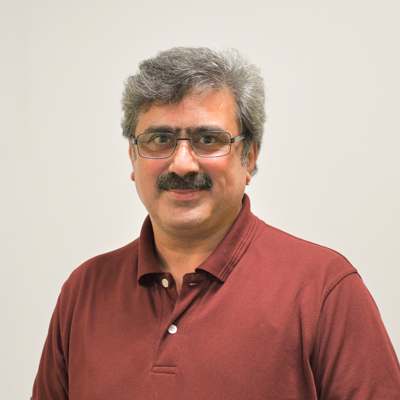
Name: Dr. Ghulam Sarwar
Supervisor: Dr. Muhammad Sabieh Anwar
Email: ghulam.sarwar@lums.edu.pk
Department: Physics
Dr. Ghulam Sarwar Butt is currently serving in physical properties measurements at Central Lab, Syed Babar Ali School of Science and Engineering LUMS. He joined LUMS in 2017 as a scientific officer. His research lab comprises of vibrating sample magnetometer (VSM), plasma etcher, microprobe station and four probe system. His main achievement is attaining the smooth operation of the VSM which is the Cryogen-Free High Field Measurement System with sophisticated measurement techniques; providing a versatile, powerful investigative device achieving low temperatures (4K) and high magnetic fields (up to 7 Tesla). He is characterizing magnetic samples with magnetic moment measurement technique by vibrating sample magnetometer. He is currently working on a number of probes with the basic cryogen-free High Field Measurement System to extend its capabilities. These probes include AC Susceptibility, Resistivity Magneto-Transport and Hall Effect measurement, Seebeck Effect and Thermal Transport, Heat-Capacity measurement by AC Calorimetry.
Sarwar received his M.Sc (Physics) and M.Phil (Microelectronic Engineering and Semiconductor Physics) degrees from University of the Punjab, Lahore, Pakistan. He completed his Ph.D Physics in 2021 from the Department of Physics, under the supervision of Dr. Muhammad Waseem Ashraf, GCU, Lahore, Pakistan. The title of Ph.D was “Simulation and Synthesis of Group-II Elements Doped ZnO Nanostructures for MEMS Energy Harvester”. The applied areas of his research include piezoelectric materials for MEMS energy harvester and simulation with MATLAB Fuzzy Logic. The area of research interest is magnetic materials and their characterization. He has 6+ publications in impact factor international journals and peer reviewed conference publications. He has been teaching and conducting electronics labs at GCU and University of the Punjab prior to joining LUMS.
Research Publications:
- Sarwar, G., et al., Simulation, synthesis and band-gap engineering of 2nd group doped ZnO nanostructures. Materials Research Express, 2021. 8(8): p. 085004.
- Butt, G.S. and M.W. Ashraf, Parametric estimation of Group II element doped zinc oxide nanostructures using fuzzy logic. Journal of Intelligent & Fuzzy Systems, 2020. Preprint: p. 1-11.
- Ali, B., et al., Fuzzy logic based energy harvesting with the movement of plants branches and leaves. Pakistan Journal of Agricultural Sciences, 2016. 53(2).
- Tayyaba, S., et al. Simulation of flow control in straight microchannels using fuzzy logic. in 2016 International Conference on Computing, Electronic and Electrical Engineering (ICE Cube). 2016.
- Tariq, N., et al. Comparative simulation of silicon, PDMS, PGA and PMMA actuator for piezoelectric micropump. in 2016 2nd International Conference on Robotics and Artificial Intelligence (ICRAI). 2016.
- Afzal, M.J., et al. Simulation of fuzzy based flow controller in ascending sinusoidal microchannels. in 2016 2nd International Conference on Robotics and Artificial Intelligence (ICRAI). 2016.
Journal Publications[1-3]
International Conference Publications[4-6]
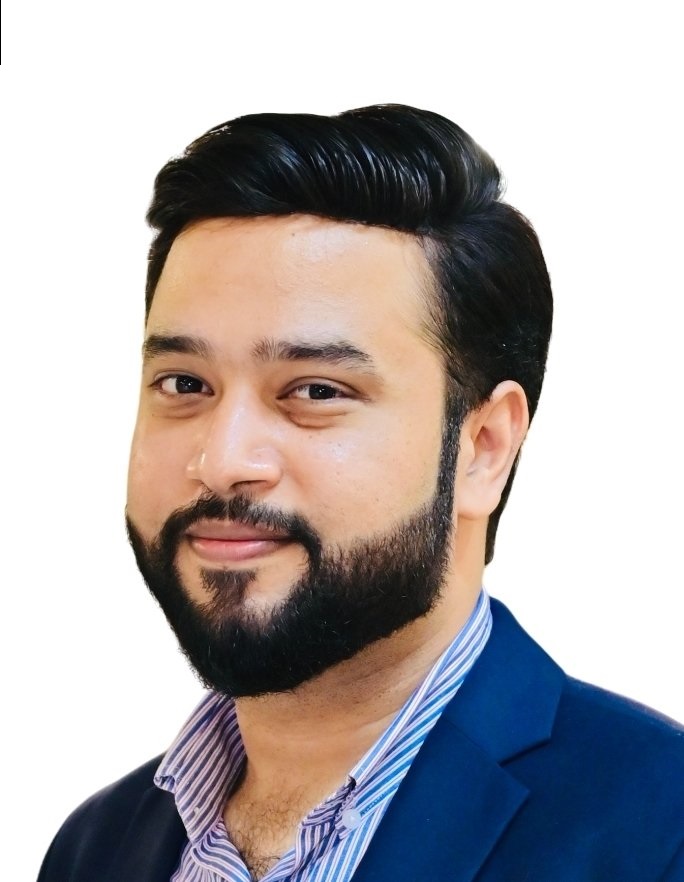
Name: Dr. Hayder Ali
Supervisor: Dr. Hassan Abbas Khan
Email: hayder.ali@lums.edu.pk
Department: Electrical Engineering
Dr. Hayder Ali earned his PhD in Electrical Engineering from Lahore University of Management Sciences (LUMS) in 2024. He has been deeply involved in projects focusing on solar system installation, lithium-ion battery technology, and sustainability. His work includes collaborations with renowned institutions such as NASA, the Center for Advanced Life Cycle Engineering (CALCE) at the University of Maryland, and Texas A&M University. Dr. Ali was awarded the HEC IRSIP Scholarship for a six-month exchange program at CALCE, where he also received a research scholarship for his outstanding performance and contributions to safe energy storage research. With over 350 research citations, Dr. Ali's academic impact is evident, and his role as a peer reviewer for 150 articles in leading journals further highlights his expertise.
Research Publications:
- His research can be followed via the link below:
https://scholar.google.com.pk/citations?user=0UvD2RMAAAAJ&hl=en

Name: Dr. Maira Hasnain Pasha
Supervisor: Dr. Rahman Shah Zaib Saleem
Email: mairahasnain184@gmail.com
Department: Chemistry and Chemical Engineering
![]()
Dr. Maira Hasnain Pasha is a synthetic organic chemist whose research focuses on developing enantioselective organocatalyzed reactions for synthesizing bioactive chiral molecules. She is trained in organocatalysis, a field that was honoured with the 2021 Nobel Prize in Chemistry. She obtained her PhD in Chemistry in 2023 from the University of Sargodha (UOS), Sargodha, in collaboration with the Okinawa Institute of Science and Technology, Graduate University, Okinawa (OIST), Japan.
During her PhD studies, Dr. Pasha had the opportunity to conduct research at Japan's renowned institution, OIST, as a Research Intern. Subsequently, she was appointed as a fully funded Research Student/PhD candidate from 2018 to 2021 in the Chemistry and Chemical Bioengineering Unit at the Okinawa Institute of Science and Technology (OIST), Japan, under the guidance of Professor Fujie Tanaka. During this period of time, her research was published in reputable scientific journals.
As an Abdus Salam Postdoctoral Fellow, Dr. Pasha has joined the research group of Dr. Rahman Shah Zaib Saleem. She aims to optimize compounds such as SSE15206 by synthesizing enantiopure isomers and employing chiral auxiliaries to create innovative libraries for subsequent biological analysis.
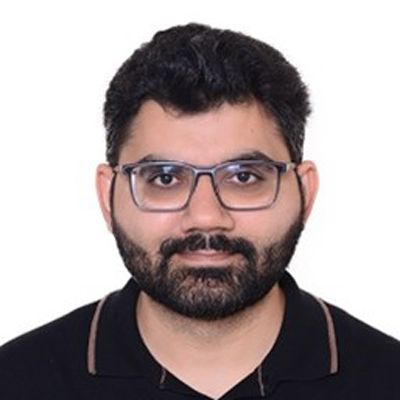
Name: Dr. Muhammad Hamza Humayun
Supervisor: Dr. Muhammad Sabieh Anwar
Email: muhammad.humayun@lums.edu.pk
Department: Physics
Muhammad Hamza Humayun received the B.Sc. Electrical Engineering from University of Engineering and Technology, Lahore, Pakistan in 2007, the M.Sc. degree in Optoelectronics and Photonics from Koç University, Istanbul, Turkey, in 2015, and the Ph.D. degree in Electrical and Electronics Engineering from Bilkent University, Ankara, Turkey in 2021.
He was awarded MS leading to PhD scholarship by HEC Pakistan in 2013. His current research interests comprise of understanding light-matter interactions at the nanoscale involving photonic nanostructures. Currently, he is a Senior Lab Instructor in the Department of Physics department of LUMS. His extracurricular activities include reading books and playing sports.
Research Publications:
- Muhammad Hamza Humayun, Pedro Ludwig Hernandez-Martinez, Negar Gheshlaghi, Onur Erdem, Yemliha Altintas, Farzan Shabani, and Hilmi Volkan Demir, "Near-Field Energy Transfer into Silicon Inversely Proportional to Distance using Quasi-2D Colloidal Quantum Well Donors", Small, 2021. https://doi.org/10.1002/smll.202103524
- N. Gheshlaghi, S. Foroutan-Barenji, O. Erdem, Y. Altintas, F. Shabani, M. H. Humayun, H. V. Demir, “Self-Resonant Microlasers of Colloidal Quantum Wells Constructed by Direct Deep Patterning,” Nano Lett., vol. 21, no. 11, pp. 4598–4605, 2021.
- M. H. Humayun, I. Khan, F. Azeem, M. R. Chaudhry, U. S. Gökay, M. S. Murib, A. Serpengüzel, “Far-infrared elastic scattering proposal for the Avogadro Project’s silicon spheres,” J. Quant. Spectrosc. Radiat. Transf., vol. 210, pp. 173–179, 2018.
- Muhammad Hamza Humayun, Syed Sultan Shah Bukhari, Muhammad Zakwan, Mustafa Mert Bayer, Ulaş Sabahattin Gökay, Ali Serpengüzel, Kenichi Taira, Etsuji Omura, and Josuke Nakata, "Spatial intensity profiling of elastic and inelastic scattering in isotropic and anisotropic liquids by immersion of a spherical silicon photocell," Appl. Opt. 56, 9384-9389 (2017)
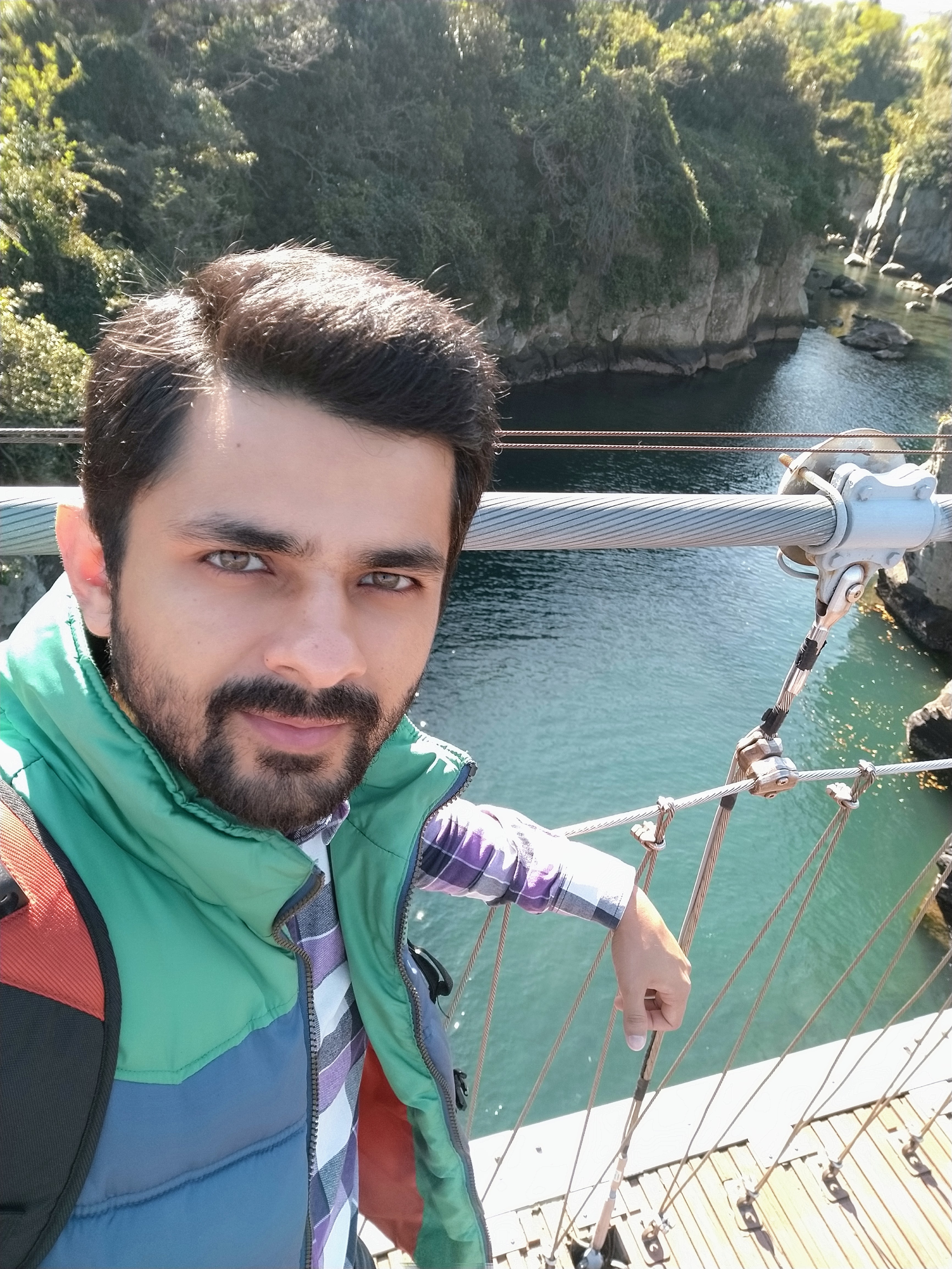
Name: Dr. Saad Sarwar
Supervisor: Dr. Irshad Hussain
Email: saad.sarwar@lums.edu.pk
Department: Chemistry and Chemical Engineering
![]()
Dr. Saad Sarwar completed his Ph.D. in Renewable Energy Engineering from the University of Science and Technology (UST) South Korea. His work focused on energy harvesting and saving through the development of dye sensitized solar cells and photoelectrochromic windows. He worked at the Korea Institute of Energy Research (KIER); a national research institute during his Ph.D. Dr. Saad Sarwar is experienced in device fabrication: solar cells (dye sensitized & perovskite), electrochromic, and photoelectrochromic windows (aka smart windows). He did his BS in Materials Science and Engineering from KAIST (Korea Advanced Institute of Science and Technology) and MS in Applied Chemistry from Kumoh National Institute of Technology, South Korea.
At LUMS, Dr. Saad is developing a photo-assisted rechargeable battery that will improve the energy density of the existing battery systems by utilizing solar power.
Research Publications:
- His research can be followed via the link below:
https://scholar.google.com/citations?user=bLo_AysAAAAJ&hl=en
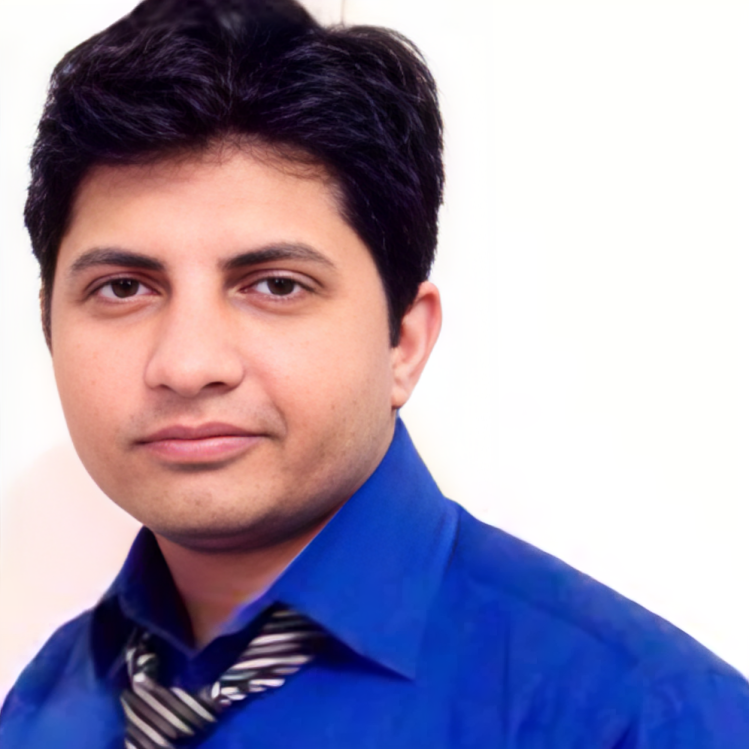
Name: Dr. Shahzad Akhtar Ali
Supervisor(s): Dr. Ata Ulhaq, Dr. Adam Zaman
Email: shahzadakhtar2124@gmail.com | shahzad.ali@lums.edu.pk
Department: Physics
Dr. Shahzad Akhtar Ali received his M.Sc. degree in Physics from Quaid-i-Azam University, Islamabad in 2013, the M.Phil. degree in Physics from Government College University, Lahore in 2016, and the Ph.D. degree in Physics from Lahore University of Management Sciences (LUMS), Pakistan in 2025. His doctoral dissertation focused on “Optical Investigations of Electrons and Phonons in 2D Crystals.”
His research expertise lies in experimental condensed matter physics, advanced spectroscopic techniques, and strain engineering of two-dimensional materials. He has successfully designed and developed a custom-built μ-Raman spectroscopy setup, enabling state-of-the-art polarization- and helicity-resolved Raman and photoluminescence measurements. He has worked extensively on the optical and phononic properties of MoS₂, α-MoO₃, InSe, and other novel materials. His work has been published in leading journals such as Applied Physics Letters and Materials Letters.
Beyond research, Dr. Ali has significant teaching and supervisory experience. He has served as a Senior Lab Instructor at LUMS, mentoring undergraduate and graduate students, supervising research projects, and conducting physics laboratory courses. He has also taught Physics at the Punjab Group of Colleges and Unique College, Lahore.
His contributions have been recognized through awards in national and international conferences, including first place in the SPIE/OSA International Day of Light poster competition (2021) and third place in the National Optics and Photonics Engineering Conference (NOPEC’21).
Research Publications:
- Room temperature polarization-resolved Raman and Photoluminescence in strained MoS₂ (Applied Physics Letters, 2024)
- Helicity-selective Raman scattering from α-MoO₃ (Applied Physics Letters, 2021)
- Structural and electronic properties of monolayers (Materials Letters, 2024)
- Columnar liquid crystals as hole transport layers for perovskite optoelectronics (Molecular Systems Design & Engineering, 2022)
- Engineering fibre morphology in self-assembled gels (Liquid Crystals, 2021)
- Zn-doped V₂O₅ thin films (Physica Scripta, 2024)
- Mg-doped CeO₂ for energy harvesting devices (Chemical Physics Letters, 2022)
- Charge Reservoir Layer effect in superconductors (Journal of Superconductivity and Novel Magnetism, 2017)
Google Scholar: Click here
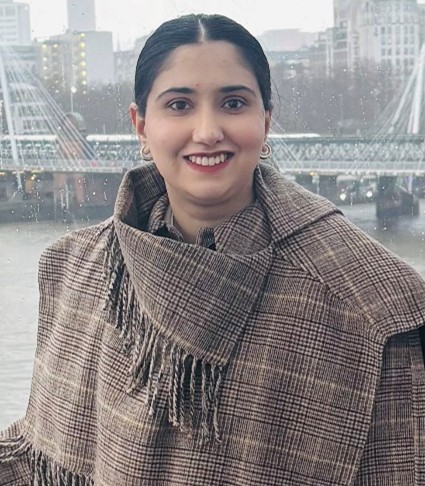
Name: Dr. Sana Iqbal
Supervisor: Prof. Dr. Basit Yameen
Email: s.iqbal@lums.edu.pk
Department: Chemistry and Chemical Engineering
![]()
Dr. Sana Iqbal is a Abdus Salam postdoctoral researcher in the Department of Chemistry and Chemical Engineering at the Lahore University of Management Sciences (LUMS). She recently completed her PhD in Chemistry at LUMS under the supervision of Prof. Dr. Basit Yameen, where her doctoral research focused on the design and synthesis of polythiophene/non-fullerene donor–acceptor covalent conjugates for light energy harvesting technologies. Her work lies at the interface of polymer chemistry, organic synthesis, and photoactive material design, aiming to develop functional organic materials for sustainable energy conversion and artificial photosynthetic applications.
As part of her PhD, Dr. Iqbal was awarded the prestigious Commonwealth Split-Site Scholarship (2023–2024), which enabled her to conduct part of her research at the University of Cambridge (UK) under the supervision of Prof. Dr. Ljiljana Fruk. During this period, she worked on developing hybrid donor–acceptor polymeric systems and exploring their potential integration into microbial bio-photovoltaic (BPV) devices for enhanced light-to-energy conversion.
Before embarking on her PhD, Dr. Iqbal completed her MS in Chemistry (2020) from LUMS under supervision of Dr. Rahman Shahzaib Saleem, where her research focused on the chemical modification of oxazolones to generate compounds with potential biological activity. This work introduced her to the field of medicinal chemistry and organic synthesis of bioactive molecules, providing a strong foundation for her later transition into polymer and materials chemistry.
Her ongoing research aims to contribute toward the development of next-generation organic materials that combine energy efficiency, environmental sustainability, and functional versatility for renewable energy and photochemical applications.
Research Publicaitons:
- Iqbal, S., Khan, A.A., Butt, N.Z., Ashraf, R.S. and Yameen, B., 2023. All organic double cable polymers of a polythiophene donor with rhodanine and perylene diimide acceptors and evaluation of photocurrent generation. Journal of Materials Chemistry C, 11(45), pp.16037-16048. https://doi.org/10.1039/D3TC03572G
- Iqbal, S., Firdous, F., Furqan, M., Bilal, A., Fozail, S., Pohl, S.Ö.G., Doleschall, N.J., Myant, K.B., Singh, U., Emwas, A.H. and Jaremko, M., 2024. Synthesis and characterization of bis-amide SSE1917 as a microtubule-stabilizing anticancer agent. Bioorganic Chemistry, 143, p.107094. https://doi.org/10.1016/j.bioorg.2023.107094
- Iqbal, S., Akbar, F., Salar, M.A., Butt, T., Khan, A.A., Sohail, M., Yameen, B., 2024. Demonstrating donor-acceptor covalent conjugate of polythiophene and perylene diimide as an all organic photocatalyst for enhanced light-driven H2O2 production. Journal of ACS Applied Materials & Interfaces. https://doi.org/10.1021/acsami.4c22745
- Akbar, F., Iqbal, S., Sohail, A., Çitoğlu, S., Duran, H. and Yameen, B., 2025. Polythiophene Block Copolymer–Perylene Diimide-Based Electron Donor–Acceptor Double-Cable Polymer and Its Potential as an All-Organic Photocatalyst for Artificial Photosynthesis of H2O2. ACS Applied Energy Materials. https://doi.org/10.1021/acsaem.5c02208

